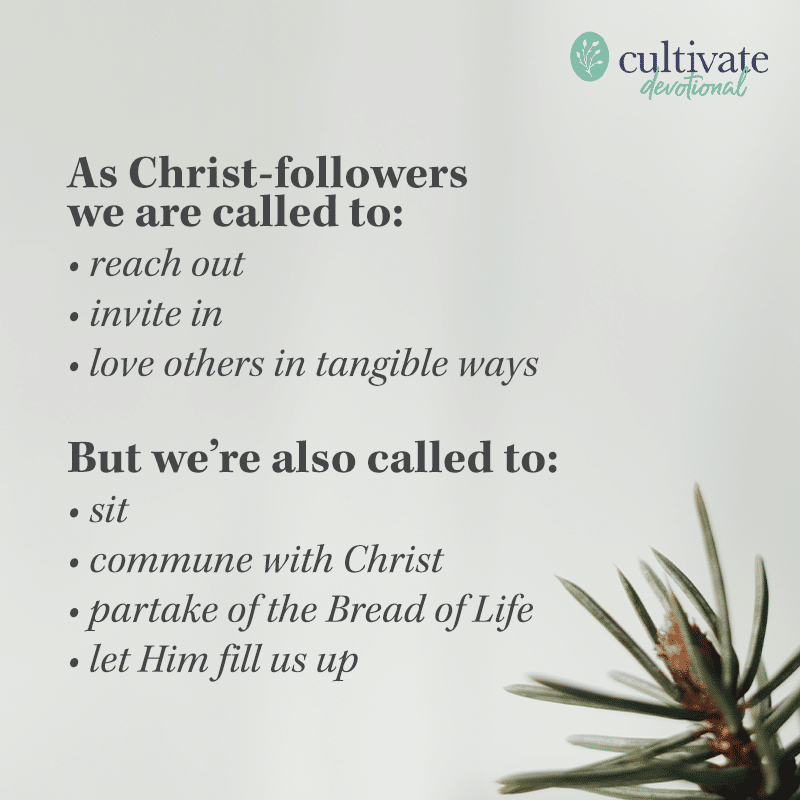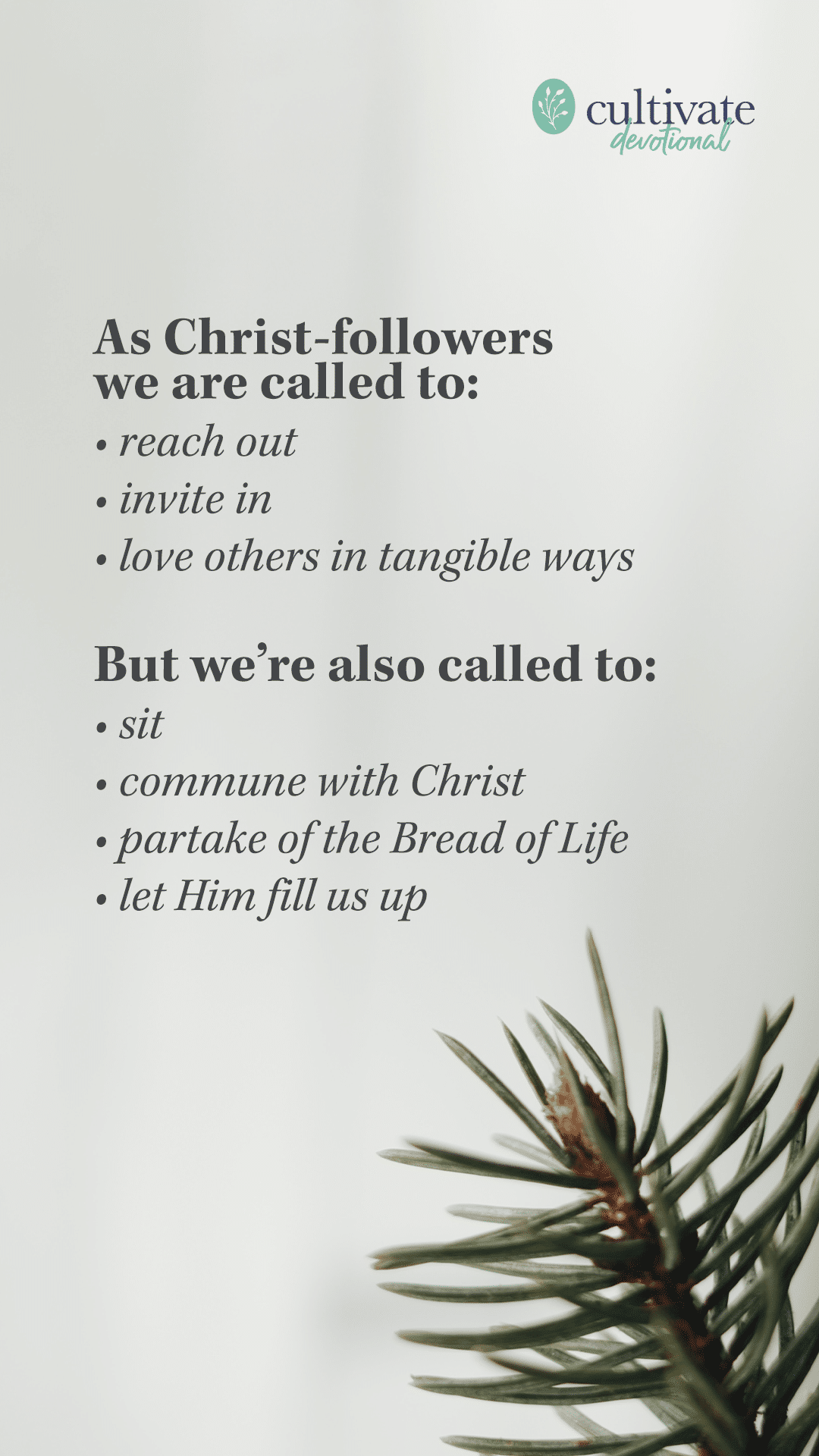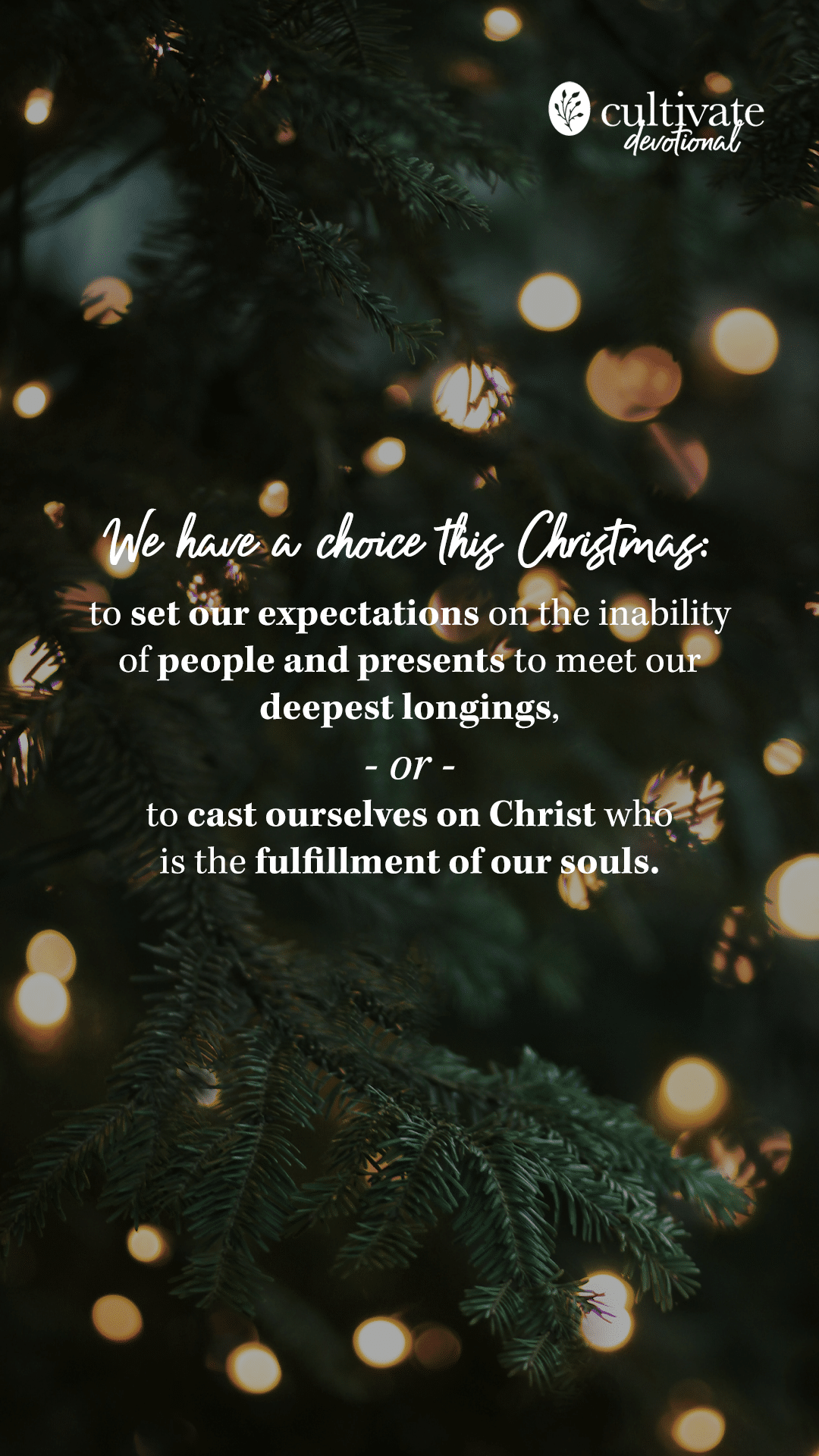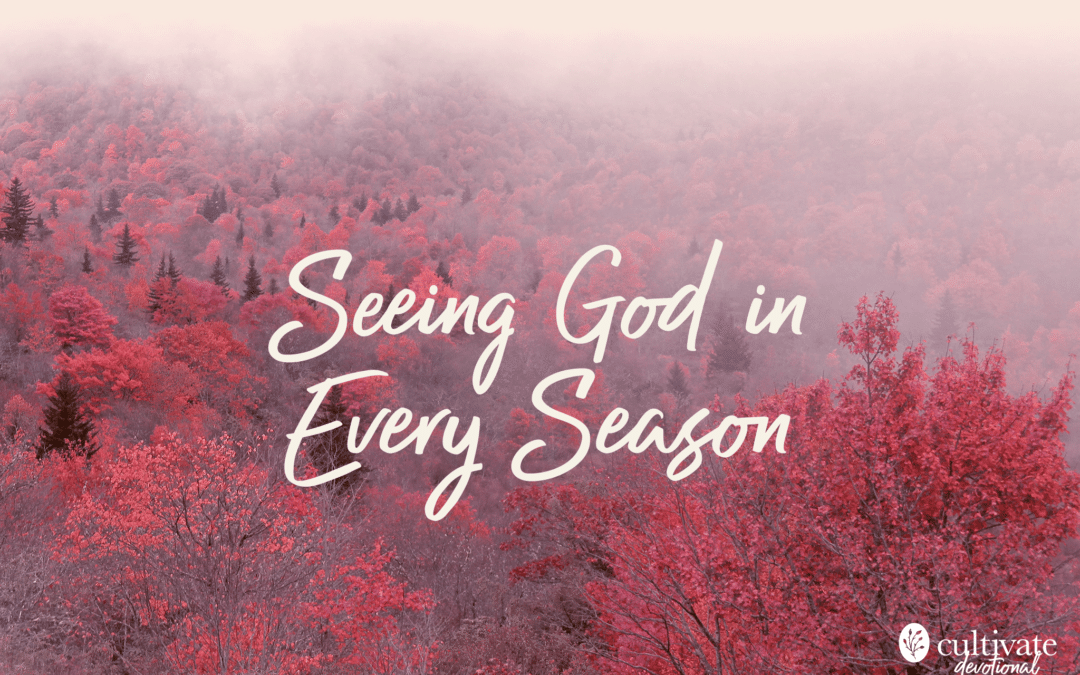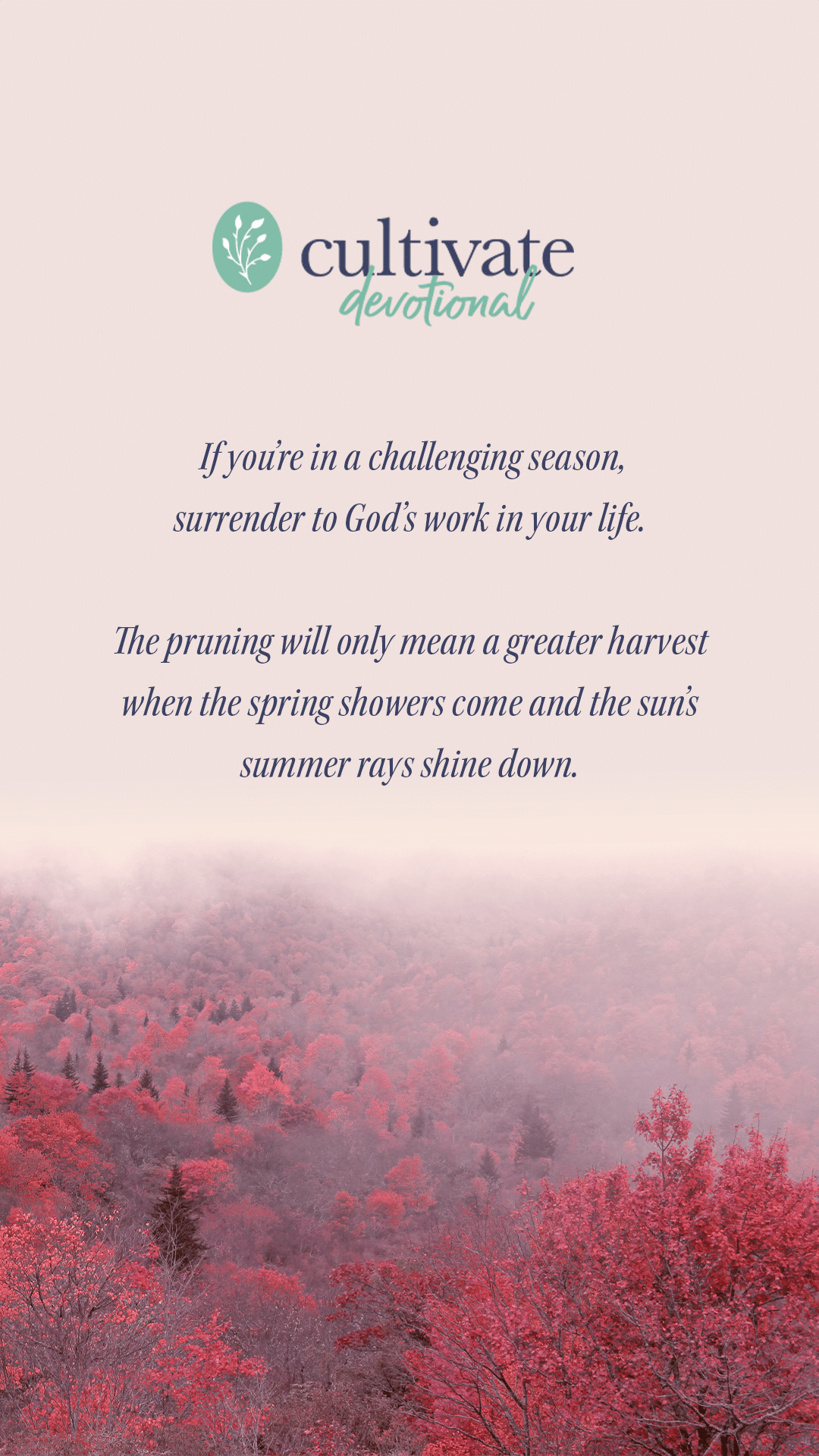Needing encouragement? Join me for 14 days of devotions based on the hope-filled words of Jesus. It’s free and comes straight to your inbox.

What It Means To Be Blessed
This is Day 5 from Kelly’s 90-day devotional book, The Blessed Life.
“Blessed are the poor in spirit, for the kingdom of heaven is theirs.” Matthew 5:3
Sometimes when I’m really out of sorts my friends will remind me of how truly blessed I am, how much I have to be thankful for. But this always feels like an evasion to me, like they’re not giving my “pain and suffering” its due. They’re looking for what is going well in my life, doing the math, and then deciding I’ve got more going for me in the blessed column than in the poor in spirit one, so blessed it is.
I don’t know how the word blessed hit Jesus’s disciples on the hillside that day, or how it landed on the crowds, but I can’t imagine it was the first word the sick, lame, shunned, or hungry expected to hear Him speak to them that day. And Jesus wasn’t using the word to convince them that the good things in their life outweighed the bad, that they were more blessed than not. Instead, He was declaring those in His kingdom as wholesale flourishing.
Blessed.
Think of that word hanging out there over a Jewish people hobbling under Roman oppression. The ones who for centuries had been pining for a powerful Messiah in the image of King David to knock their enemies out of the land. Surely some had followed Jesus out of curiosity but most out of pure desperation. Some were longing for a new leader who could help them figure out how to get back on the God of Israel’s good side, someone with a solid campaign slogan. Some may have showed up hoping to hear a strategic and gutsy military plan: Who’s ready to defeat Rome once and for all? Strap on your swords! Others may have been looking for something more personal and close to home, like a much needed healing or handout.
Blessed.
The word itself is not an unusual opener. It’s only shocking when you think about who He addressed it to: the poor in spirit, mourners, stomped on, hungry, innocent, persecuted. Well, now, this just feels like madness. How can the poor in spirit be the blessed ones? In what kind of a world, in what kind of a kingdom, in what kind of a religion, has this ever been so?
Before we consider an answer, it is worth asking, why are you here? Why have you come to listen to the words of Jesus?
Are you looking for Him to overpower someone who has wounded you? Is a family member ailing and you need a healing? Are finances tight? Is work unfulfilling? Is your marriage suffering? Are you simply tired of the grind, like the average Jewish peasant in first-century Galilee looking for a sustaining word of encouragement, a change in the political landscape? Perhaps you’re not looking for anything from Him as much as you simply want to be with Him and listen to what He has to say.
Note the “them” who Jesus begins to teach in verse 2 appear to be His disciples. But at the end of His message, it was the crowds who were astonished at His teaching (Matt. 7:28). We should establish at the outset that both disciples and undecideds are invited to listen. Whichever you are, I’m glad you’re here.
But back to our question. How can people like the poor in spirit be blessed? In the original language, the word for blessed is makarios, and it means “prospering, fortunate, flourishing, and in some cases, downright happy.” (This is different from the word used when someone pronounces a blessing on another, translated eulogeo). Makarios is a description of the state of a person who is thriving in the kingdom of God. So Jesus isn’t saying that the poor in spirit will eventually gain a blessing. He is saying that their current state of being is a prosperous one because God’s very kingdom is theirs. In fact, in every case of the nine Beatitudes, a difficult state of being is paired with a promise of blessing.
So if you’re struggling or hurting today, may Jesus redefine your circumstances as only He can. If you find yourself poor in spirit, malnourished by the “blessings” of our culture, you’re in prime position to experience the blessed life of the kingdom.
Ask Him to teach you and show you what it means to flourish in whatever your circumstances. Look for Him to answer you as you go about Your day. He is eager to meet you in it.
*Download the graphic below to share on your socials. Don’t forget to tag @kelly_minter on Instagram and @KellyMinterAuthor on Facebook! Click the button below to open in a new tab, then right-click on the image to download.
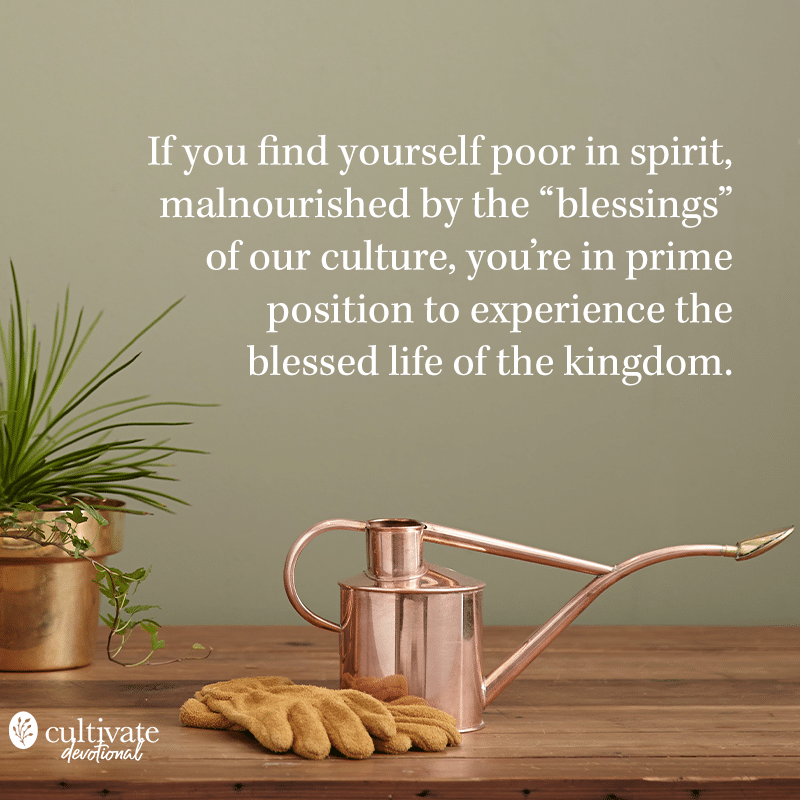
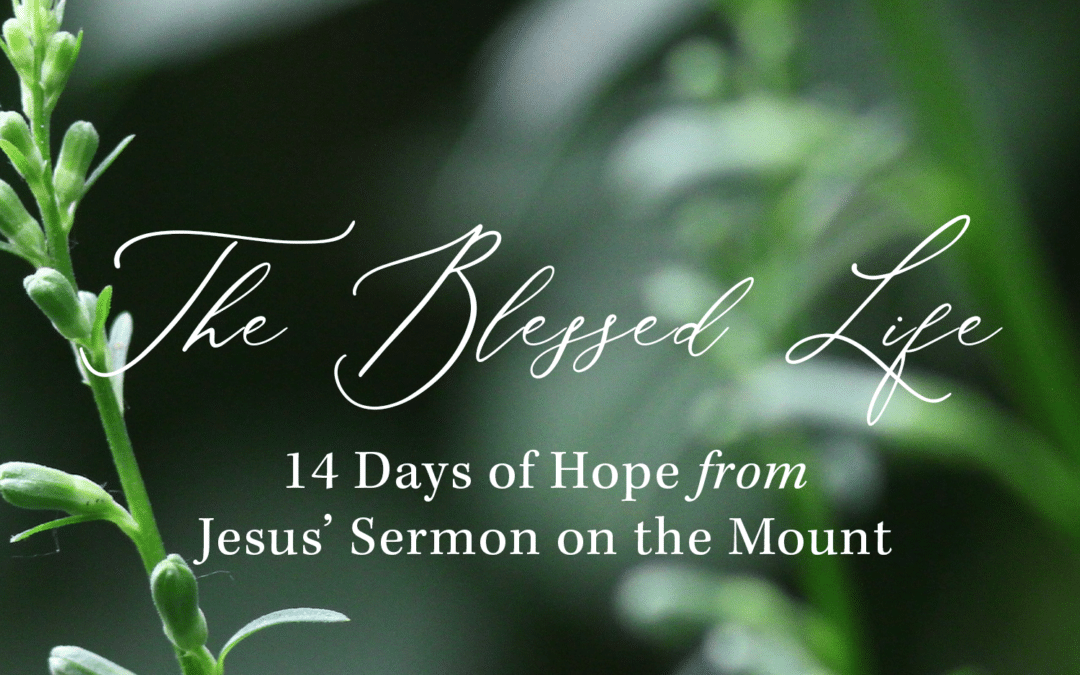
The Blessed Life: 14 Day Devotional Series

Studying Scripture During Lent
I love when I learn something new, but what I appreciate even more is learning something that helps expand my capacity to learn more new things. My friend gave me a cookbook for Christmas called The Food Lab. While it has recipes in it, what the author really wants...

A Call to Simplicity
For the first time in 19 years, I stayed in Nashville over the Christmas break. I needed to air out. To clean stuff out. At first, it started with drawers and closets, under beds and inside wicker baskets holding all manner of sewing kits, lint brushes, and emery...

Slow and Steady Faithfulness in the New Year
As we untangle the lights from the tree, store our precious ornaments in the attic, and make tentative plans to come off sugar at least until the second week of January, many of us will make resolutions for the coming year. Charting plans and making goals at the top...
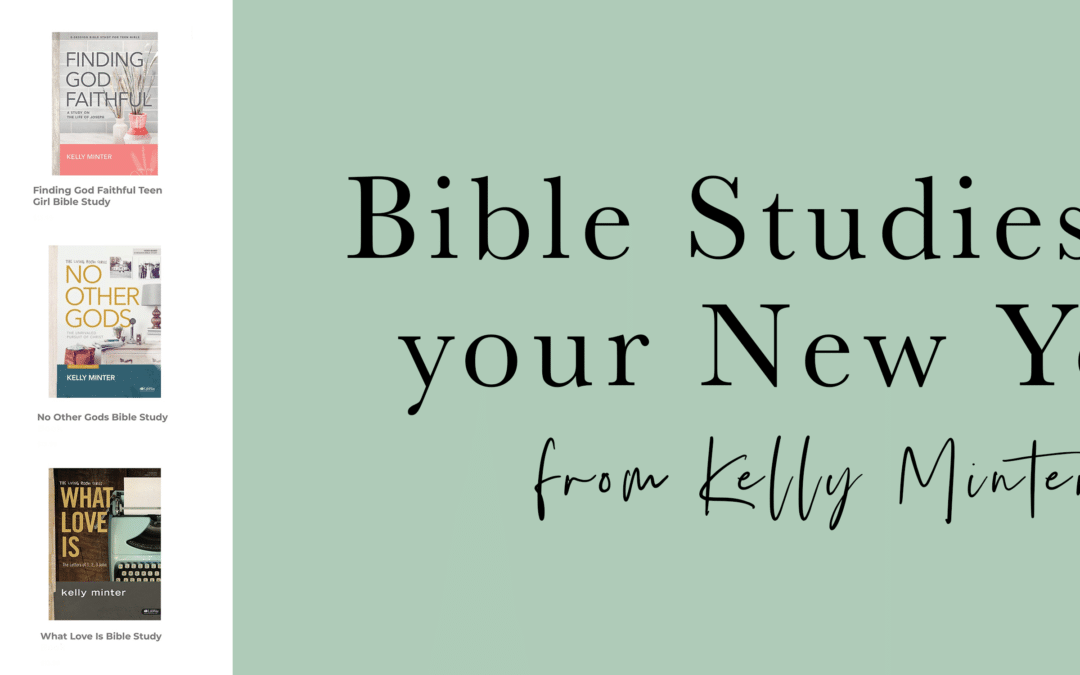
Bible Studies For Your New Year
As we head into the New Year I hope you're making plans to study the Bible. So many wonderful tools and options are available and the most important thing is that you choose something and commit to it. If one of my studies could be of help to you I'd love to come...

A Place at the Table For You
Day 1: Preparing Our Hearts As we seek to turn our hearts to the coming of our Savior, Jesus Christ, I pray these devotionals will be an encouragement to you, an anchor in a season that thrives on busyness and activity (and materialism while we’re at it.) For some of...

HOLIDAY HOSTING HACKS THAT FREE YOU TO SERVE
Entertaining during Thanksgiving and Christmas can be stressful but a lot of pressure can be eliminated with a little planning and by keeping our daily focus on Jesus’ command to love God and love others (Matthew 22:37-39). Here are a few tips to get organized and...

WHAT THE FAMILY DINNER TABLE GAVE ME
Filmmaker and journalist Miriam Weinstein once asked in The Surprising Power of Family Meals: What if I told you that there was a magic bullet—something that would improve the quality of your daily life, your children’s chances of success in the world, your family’s...

DO YOU NEED A FRESH WORD?
For the past year and a half, I’ve been positively captivated by Matthew’s Gospel, specifically how he crafted the material about Jesus’ life in between Matthew 4:23 and 9:35. What Matthew states in 4:23 he repeats in 9:35: Jesus went all over Galilee “teaching in...

THE SIMPLE SECRET TO BEARING THE FRUIT OF THE SPIRIT
“Therefore, as God’s chosen ones, holy and dearly loved, put on compassion, kindness, humility, gentleness, and patience” (Colossians 3:12). As followers of Jesus, we’ve all had the feeling of grasping for one of these fruits of the Spirit while wondering if we had a...


